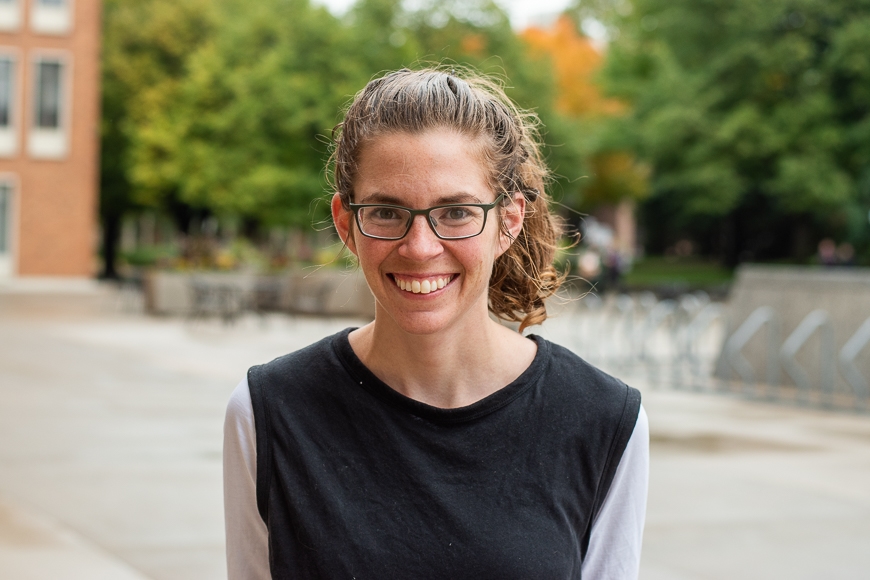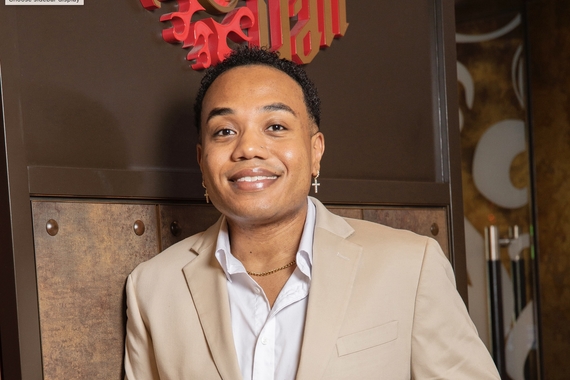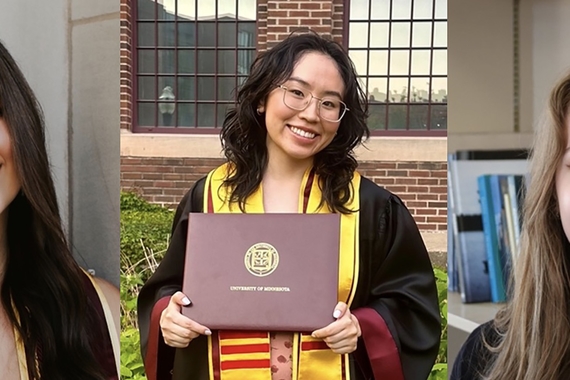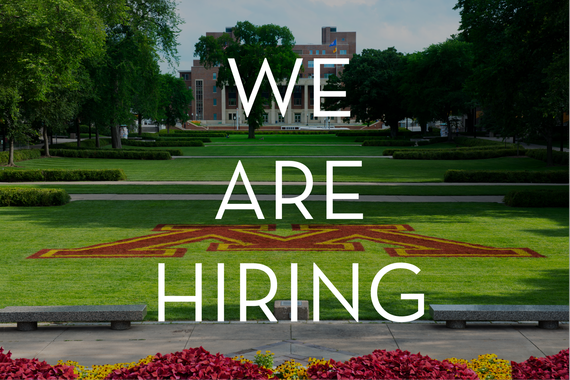Vaccination Hesitancy: A Study on Vaccination Decision-Making
The 2017 measles outbreak in Minnesota motivated graduate student Kari Campeau to research why this outbreak affected primarily Somalian children. She interviewed Somali parents to decipher what influences their vaccination decisions, and, in her recent paper, she discusses what the healthcare field can do to better reach out to vaccine-hesitant communities.
What motivated your recent research on vaccine decision-making?
This study actually began as a research project on chronic pain, where I was working with a few different sites and looking at how people sought and managed care for medically ambiguous conditions.
But, as happens with field research, a lot changed. In this case, the measles outbreak happened, and this outbreak really affected many participants, and so my study kind of followed that urgency. One of my big research questions is how individuals and communities make health decisions, so I was still examining that question, but in a different context.
I had previously worked as a researcher in the former Vaccine Research Group, based at Virginia Tech University, so I had some experience to hit the ground running. But the outbreak here in Minneapolis raised a lot of questions about culture, access, and healthcare. The outbreak primarily affected Somali Minnesotan children, and the outbreak happened after members of groups that advocate for parental choice when it comes to vaccines visited the Twin Cities and held outreach meetings that targeted Somali communities. For example, Andrew Wakefield himself—the author of that debunked study—came here three times to warn parents of a connection between the MMR vaccine and autism (there is no evidence to back this claim up).
What are the findings of your research?
My first finding is about the public discourse surrounding the 2017 measles outbreak —analyzing that discourse (mostly news coverage), I found that Somali parents were represented as victims of targeted anti-vaccination campaigns and as a vulnerable population in need of more culturally attuned public health outreach and education. Yet, participants in my study discussed their vaccination decision-making process as intentional and informed and filled with ingenuity and agency. So I argue that this ‘victim of misinformation campaign’ narrative is a little reductive.
And that leads to my next set of findings, from interviews. Okay, if vaccine hesitancy isn’t exclusively a result of targeted misinformation campaigns, how might we explain vaccine hesitancy? In this study, I found four themes that shape vaccination decision-making: (1) experience-informed beliefs in the effectiveness of vaccination, (2) concerns about non-inclusive clinical research (research conducted predominantly with white, male participants, for example), (3) beliefs in immunity as flexible and personalized (that is, immunity as something you develop through encounters with germs and dirt, and not through a one-time inoculation, for example), and (4) ongoing experiences of structural marginalization (which make it hard to trust medical providers).
I argue, then, that vaccine communication is way more complicated than getting the right information in a culturally appropriate way. My concluding argument is to direct public health efforts away from a hyper focus on vaccine compliance toward collective social and institutional change and redistributions of resources for effective disease management.
In other words, Dr. Bernice Hausman [of Penn State] has argued that vaccination isn’t a medical issue—it’s a social issue. I think these beliefs really point to [the fact] that it’s about trust. It’s not an issue of literacy but an issue of belief. It’s about why people don’t trust medicine. And why haven't people benefited from medical institutions?
It calls for more collective response... not just, "Here, let me give you scientific facts. I'll make them in your language. I'll provide infographics”—things like that. Because the real issue is trust. It's not belief; it's not literacy. It's not being able to trust an institution.
How might this study contribute to people feeling more comfortable about vaccinations?
I think this study shows we need to address vaccination not just as an issue of scientific fact but an issue of social-historical proportions. This issue calls for all of us to really ask why medicine doesn’t benefit everyone and then ask what we can do about that. Those of us who vaccinate happily have probably no reason to distrust medicine—so why is medicine failing to serve people who don’t trust medicine?
In terms of public discourse, I think what we absolutely have to stop doing is just categorizing people who aren’t vaccinating as crazy or selfish or scientifically illiterate because that isn’t getting anyone anywhere. We have to actually listen and talk.
So I guess I would say that my call-to-action is less about making people more okay with vaccines, and more about asking those in decision-making positions to really listen to why people aren’t ok with vaccines. And I think what you’ll hear is less specific arguments about MMR and autism, for example, and more larger concerns related to things like racism in medicine or a distrust of pharmaceutical companies. And by engaging these concerns, I think we can start to actually communicate.
This story was written by an undergraduate student in Backpack. Meet the team.



